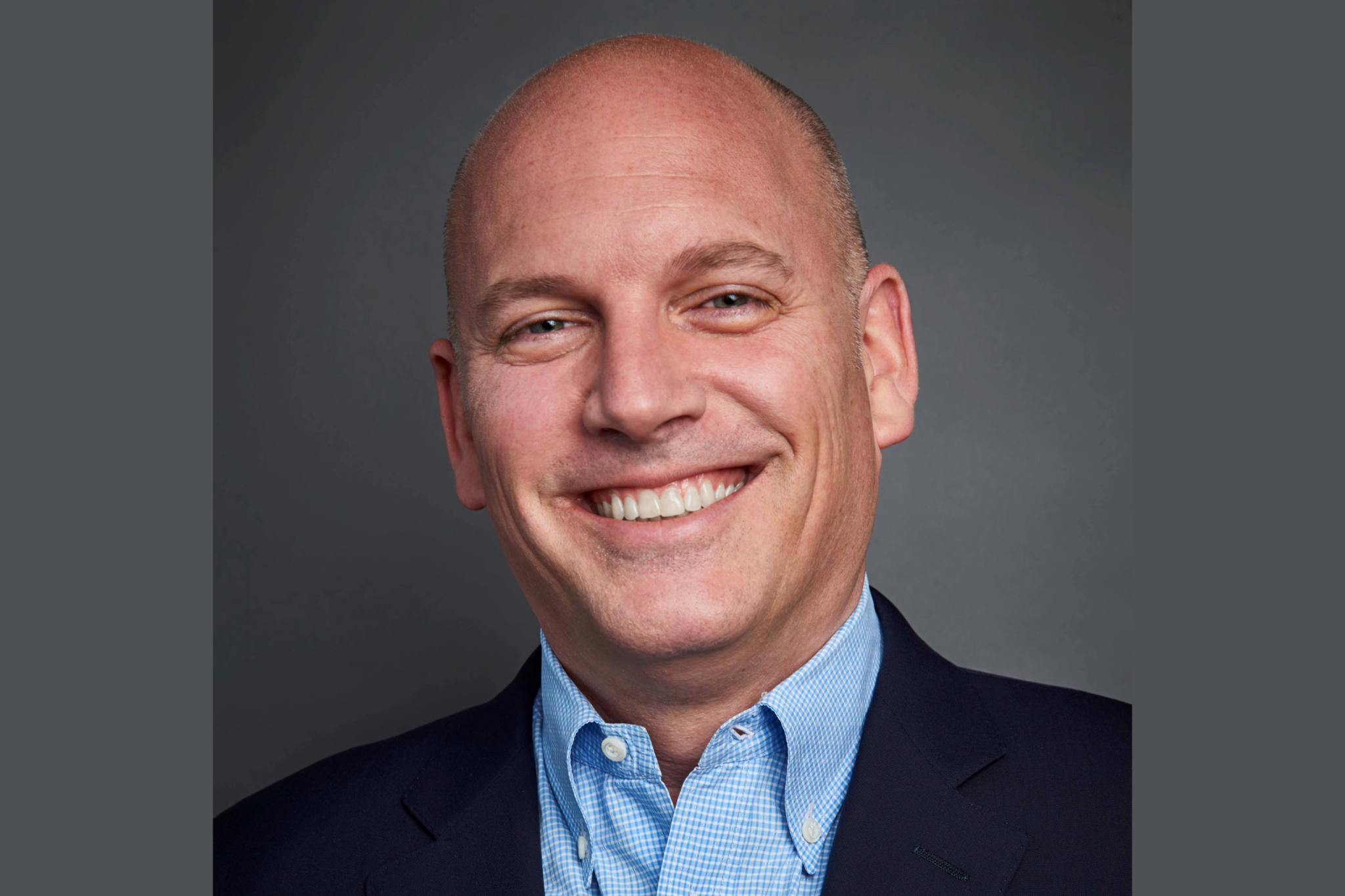There is a lot of debate on whether freely training artificial intelligence (AI) models on copyrighted materials is permissible under the law. This debate escalates to court cases filed across varied jurisdictions and companies challenging companies that train their generative AI models by scraping copyrighted materials without permission.
The debate is largely framed as an all-or-nothing proposition. AI model makers argue all training is clearly permissible under the law. Some even assert that there is no copyright protection for online content as highlighted by Mustafa Suleyman, the CEO of Microsoft AI, in remarks earlier this year. “I think that with respect to content that’s already on the open web, the social contract of that content since the nineties has been that it is fair use. Anyone can copy it, recreate with it, reproduce with it. That has been freeware, if you like, that’s been the understanding,” Suleyman said.
As the CEO of Getty Images, I am responsible for an organization that employs over 1,700 individuals and represents the work of more than 600,000 journalists and creators worldwide. Copyright is at the very core of our business and the livelihood of those we employ and represent. As I am sure you can imagine, I vigorously disagree with the sweeping position outlined by Mr. Suleyman and others. I also suspect Microsoft would vigorously disagree if the same logic were applied to their software and gaming titles.
The creative community, which represents a sizeable share of the global economy, has mobilized against the unauthorized use of their collective text, music, photography, and video. Most recently, this mobilization manifested itself in over 30,000 artists signing a statement that “the unlicensed use of creative works for training generative AI is a major, unjust threat to the livelihoods of the people behind those works, and must not be permitted.” I vigorously agree with this statement. A world where artists cannot invest in and be rewarded for their work is a world with less creativity and fewer people able to make a living in their trade. That is not a compelling future.
This disagreement underscores why we are litigating against Stability AI in the U.S. and the U.K. We did not grant Stability AI permission to use millions of images owned and/or represented by Getty Images to train their Stable Diffusion model which was made commercially available starting in August of 2022. (Editor’s note:…
Click Here to Read the Full Original Article at Fortune | FORTUNE…


